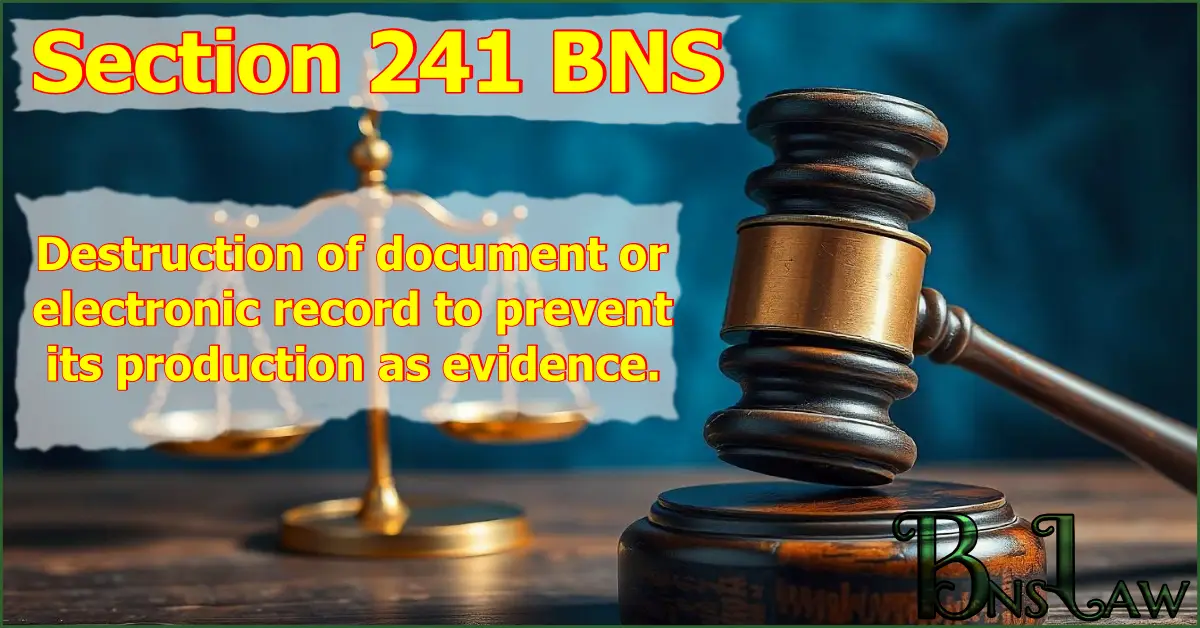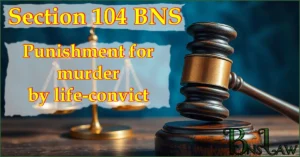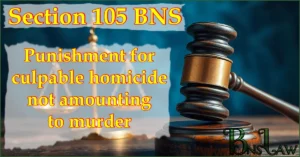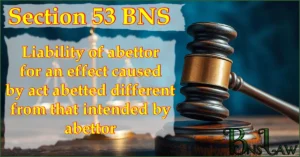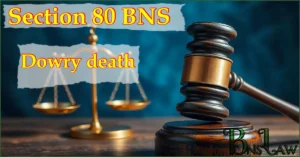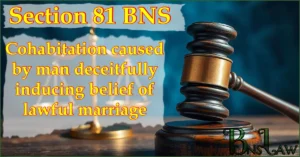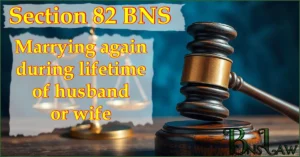Section 241 BNS | BNS 241
Whoever secretes or destroys any document or electronic record which he may be lawfully compelled to produce as evidence in a Court or in any proceeding lawfully held before a public servant, as such, or obliterates or renders illegible the whole or any part of such document or electronic record with the intention of preventing the same from being produced or used as evidence before such Court or public servant as aforesaid, or after he shall have been lawfully summoned or required to produce the same for that purpose, shall be punished with imprisonment of either description for a term which may extend to three years, or with fine which may extend to five thousand rupees, or with both.
READ OTHER SECTIONS OF CHAPTER XIV — OF FALSE EVIDENCE AND OFFENCES AGAINST PUBLIC JUSTICE
FAQs of BNS Section 241
-
241 BNS punishment and fine
Punishment and fine under Section 241 of the BNS: Imprisonment for 3 years, or fine of 5,000 rupees, or both.
-
241 BNS cognizable or not
The offence under Section 241 of the BNS is non-cognizable.
-
241 BNS bailable or not
The offence under Section 241 of the BNS is bailable.
-
241 BNS trial court
Offence specified in Section 241 of the BNS is triable by the Magistrate of the first class.
Important Points
- Cognizable Offences: These are offences where a police officer can arrest a person without a warrant.
- Non-Cognizable Offences: These are offences where a police officer cannot arrest a person without a warrant.
- Bailable Offences: These are offences where the accused can get bail from the police station itself. All bailable offences are listed in the First Schedule of the Bharatiya Nagarik Suraksha Sanhita (BNSS).
- Non-Bailable Offences: Offences in which bail is not granted directly from the police station but after hearing the case in the court, the judge decides when bail will be granted. All non-bailable offences are listed in the first schedule of the Bharatiya Nagarik Suraksha Sanhita (BNSS).
- In the above FAQ, “trial court” means the court that has jurisdiction to try the offence.
- In the above FAQ, the expression “Magistrate of the first class” and “Any Magistrate” does not include Executive Magistrates.
Read other Sections of the BNS
Reference Link: New Criminal Laws (BNS), Ministry of Home Affairs

